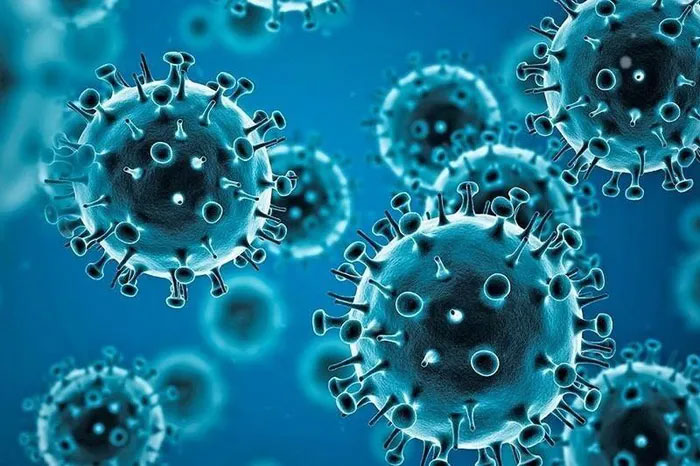One of the vaccine developers at Moderna has warned that a super variant could emerge if both Omicron and Delta infect the same person simultaneously.
According to the Daily Mail (UK), the spread of Covid-19 typically involves only one mutated strain of the virus. However, in extremely rare cases, two strains can attack a person at the same time. If both strains infect a single cell, they can exchange DNA and combine to create a new version of the SARS-CoV-2 virus.

The Omicron super variant is believed to have a higher transmission rate. (Photo: WHO)
Dr. Paul Burton, Chief Medical Officer at Moderna, warned that the rising cases of the Omicron and Delta variants circulating in the UK increase the likelihood of this scenario. He told lawmakers in the Science and Technology Committee that “it is certainly possible” for the virus to exchange genes and trigger an even more dangerous variant.
This process is referred to by scientists as “recombination,” which can occur under specific conditions, but most situations are largely uncontrollable.
So far, only three Covid-19 variants created through gene swapping have been recorded. Instead, the virus primarily relies on random mutations to produce more variants. When the Delta strain competed with Alpha through this process, a new variant did not emerge.
Omicron became the dominant variant in London just two weeks after it was detected in the country. Experts predict it will become the main strain by next year.
“Previously, there were several reports from South Africa about immunocompromised individuals potentially harboring both types of the virus. This could also happen in the UK, especially given the number of infections we are witnessing,” Dr. Burton said, noting that this “certainly could” lead to a more dangerous variant.

Dr. Paul Burton, Chief Medical Officer at Moderna, warns about a new super variant.
Scientists indicate that while most regions have a dominant variant, the likelihood of being infected with two variants simultaneously is low. For healthy individuals, scientists estimate that there is only about a two-week window for the body to develop immunity and successfully eliminate the first viral variant before triggering a new one.
However, large and uncontrolled outbreaks, such as those in the UK and the US last winter, increase the risk of a “recombination event” simply due to the higher number of infections.
Scientists believe that two viral variants can exchange genes, but this is very unlikely to occur. Three virus variants have been created through the combination of two different variants, but none have led to a significant outbreak or the emergence of a more dangerous variant.
In one instance, a recombination event occurred in the UK when the Alpha variant merged with B.1.177, a variant first identified in Spain, at the end of January. There were 44 cases of this variant before it disappeared.
Scientists in California also reported identifying another recombinant variant in early February when the Kent strain combined with the B.1.429 strain, which was first discovered in the area. This new strain also caused very few infections and quickly vanished.
The virus primarily relies on random mutations to develop new variants. This occurs when the virus replicates itself and makes errors in its genes. In most cases, these mutations are harmless, but sometimes they can result in a strain that is more easily transmissible or has a higher ability to evade vaccines.
As of now, the UK has recorded 4,713 cases of the Omicron variant, which accounts for about one-fifth of Covid-19 cases nationwide.
Scientists believe that the Omicron variant emerged during a prolonged infection in an immunocompromised person. This allowed the virus to mutate multiple times to “train” itself to infect others and evade prior immunity.


















































